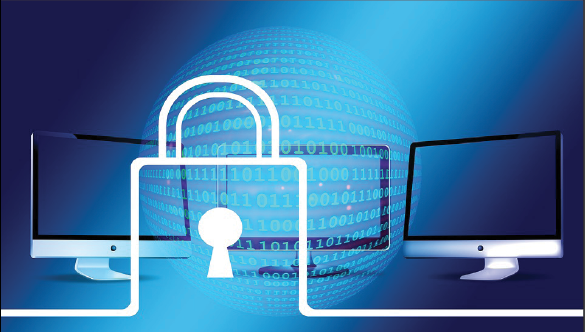
By Ryan Cahill
Staff Writer
In the modern age, it is nearly impossible to go through daily life without use of the internet. It is an essential tool for work, communication and relaxation for billions of people. Yet, the Federal Communications Commission is looking to strike down protections for the internet in a few days.
In 2014, during the Obama administration, the FCC implemented Title II protection to the internet. Title II essentially protects the internet from being influenced by outside interference. Most notably, paid prioritization.
Paid prioritization is when internet service providers (ISPs) throttle data to specific websites, unless those websites pay a fee to the ISPs. The most notable websites affected by paid prioritization are streaming websites, such as Netflix and Hulu.
The fight for Net neutrality was thought to have been finished once Title II was passed, yet the ruling has come under scrutiny during the 2016 presidential election. President Trump campaigned to overturn the Title II ruling on net neutrality.
The major argument presented forth by our President was that the new regulations discouraged investments by the ISPs. This stance is unsurprising given that one of President Trump’s primary platforms is a decrease in government regulations.
The current chairman of the FCC, Ajit Pai, has supported the President’s stance on deregulating Net Neutrality.
Earlier in the year, Chairman Pai called for a new vote to challenge the Title II ruling on the internet.
So, you may be asking yourself why Net neutrality is important.
As mentioned earlier, your favorite websites speed could be interrupted by your ISPs is they do not pay additional fees. In response, ISPs could also be allowed to offer ‘faster’ internet service to the affected sites.
At a higher premium to the consumer of course. ISPs would also be able to block any websites from their domain if they wanted to.
Net neutrality offers a layer of protection from these devious practices.
Not all ISPs will choose to hurt the consumer of course, yet in areas such as the Poconos, there are limited options of internet providers.
If the main provider of an area chooses to enforce predatory business practices, most people in rural areas have little choice but to suffer either slower internet or higher premiums.
There has been public backlash to the FCC’s vote on the matter, so the FCC opened a message board to give the public a voice.
But, according to USA Today, some comments made on the official FCC website were fake. People’s names and addresses were stolen and used to place anti-net neutrality comments on the message board.
There is also a growing concern that the FCC is planning on pushing the vote to deregulate the Title II protection on the week of Thanksgiving. The fear is that the FCC will use the holiday week to divert attention to its controversial ruling.
Recently, The Boston Globe has reported that Comcast and Verizon are lobbying Congress to ban states from making their own Net neutrality laws. If Congress were to pass legislation limiting states power to keep Net neutrality, then any changes to Net neutralities position would be delayed till at least the next election cycle.
If Net neutrality falls, it will be a difficult battle to recover the protection.
If you are wondering how you can protect Net neutrality, then contacting your local representatives is your best approach.
We may not be able to influence the FCC, but our representatives are reliant on our votes.
Email Ryan at:
rcahill1@live.esu.edu

